Mark Cavendish: The second coming
Manxman speaks to Procycling following his silver in Doha
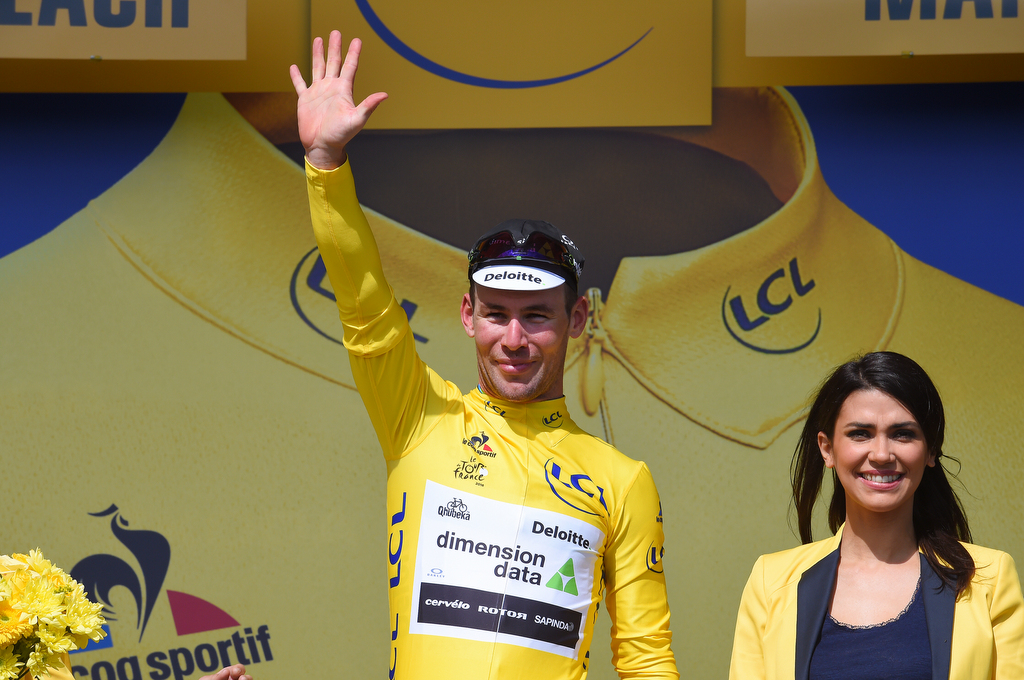
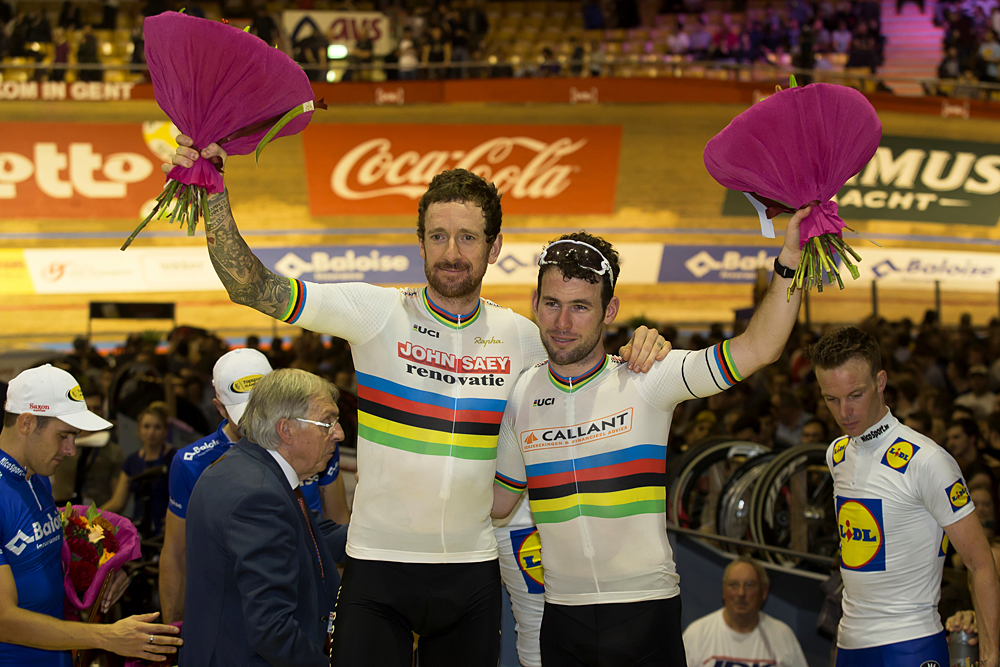
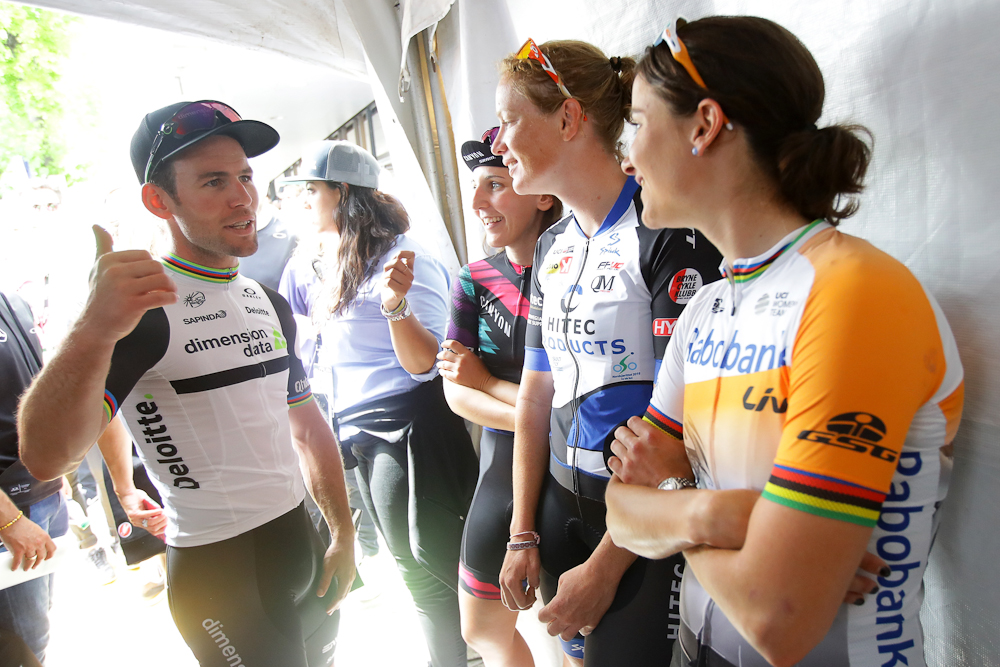
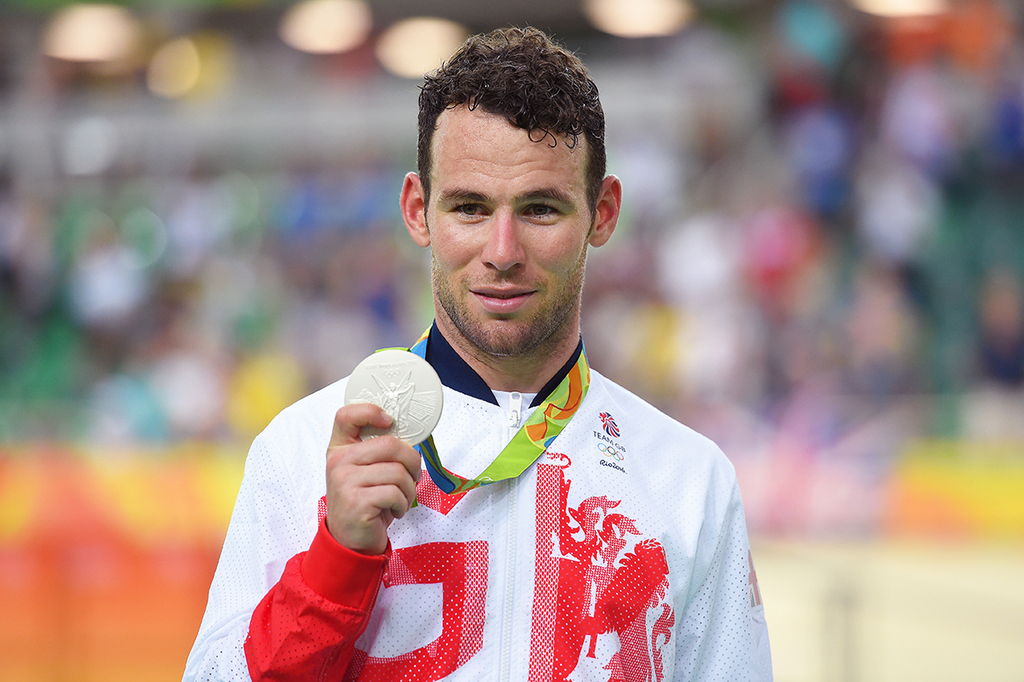
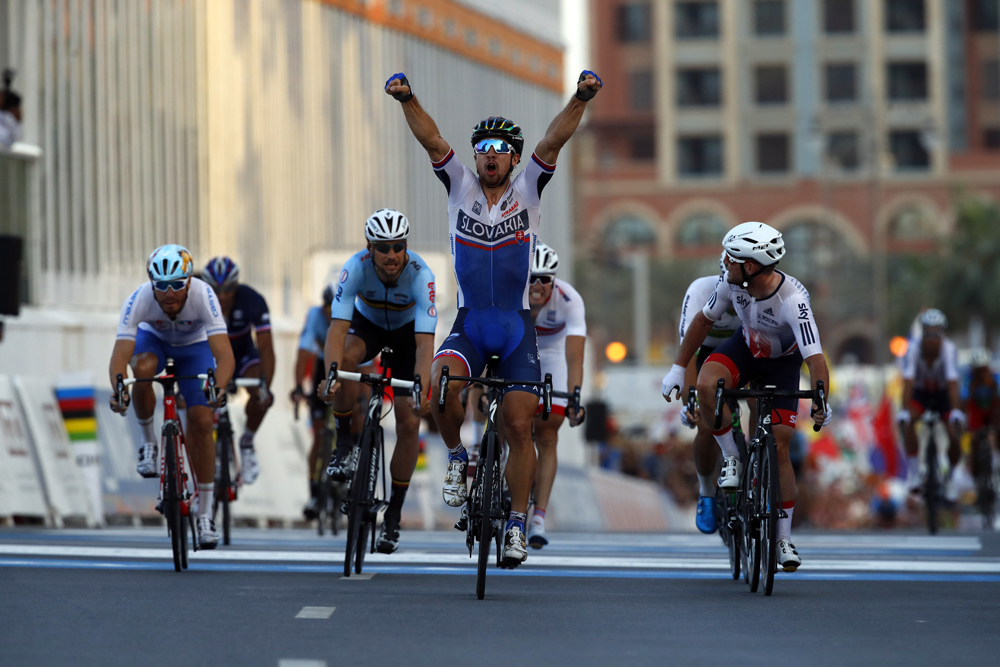
This is an extract of an interview with Mark Cavendish which appears in Procycling's review of 2016, which is on sale now. To subscribe to Procycling, click here.
Missing out on a world title can make a man lose all sense of himself. When Floyd Patterson surrendered his world heavyweight boxing belt to Sonny Liston in 1962, having suffered a first-round knockout, he left Comiskey Park wearing a false beard and dark glasses, and set off by car from Chicago to New York City that same night. He then boarded a flight to Madrid under an assumed name and, still disguised, hid there for a week.
Mark Cavendish can allow himself no such anonymity and no such mourning period after being outsprinted by Peter Sagan at the Worlds in Doha. The morning after the race, the Manxman is booked in for a round of media interviews in the lobby of the Sheraton Hotel before travelling onwards to the Abu Dhabi Tour to complete his road season. Six-day races on the track in London and Ghent await before he can finally put his 2016 campaign to bed. In the immediate aftermath of the race the previous afternoon, silver medal around his neck, Cavendish absorbed his initial disappointment well enough to speak magnanimously in praise of Sagan before the television cameras. Digesting the defeat, however, is surely a lengthier process, and one that can scarcely have begun by the time he sinks into a couch in a quiet alcove, one fitful night of sleep later.
"I haven't watched the sprint and I don't think I want to watch it," Cavendish admits softly. There is hardly any need, not when those frantic final 250 metres have been playing on continuous loop in his mind's eye. Perched on Sagan's wheel, Cavendish opted to break to the left when the Slovak dived for the right-hand side of the road. Sagan found just enough space to beat a path to the rainbow jersey, and Cavendish, forced to take the long way around Michael Matthews, was beaten by a bike length.
"In every other race this week – all of them: under-23, the juniors, the women – the right-hand side got closed and the left-hand side opened. In every race. It should have been the same, and I planned to do it," Cavendish says. "I just didn't think that someone sprinting for the win like [Michael] Matthews would be coming backwards so quickly at the finish."
So it goes. The geography of a finishing straight is never stable but Cavendish can at least draw consolation from the fact that, on the whole, 2016 saw him restored as the most important landmark on the sprinting landscape. Ahead of the Tour de France, the consensus was that Marcel Kittel would be the man to beat in mass finishes, and even when Cavendish won the opening leg of the Tour de France at Utah Beach to take the first maillot jaune of his career, it was still hard to tell whether it was a lifetime achievement award or an augury of a more lasting return to form. Three more stage wins soon confirmed that it was the latter.
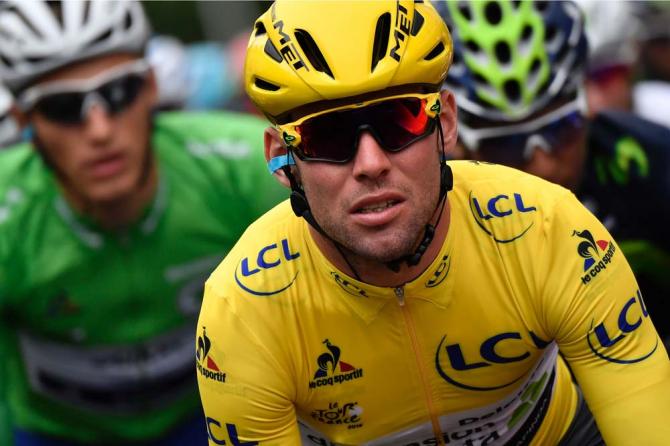
"The yellow jersey will still stick with me more than anything, really," Cavendish says of a campaign which began with more doubts than certainties. The move from Etixx-Quick Step to Dimension Data gave Cavendish the opportunity to combine road duties with a tilt at an Olympic track medal but when he outlined his lofty aims at a press conference at the Manchester velodrome in January, it was hard to dispel the sense that the man who wanted it all risked ending the year with nothing.
Get The Leadout Newsletter
The latest race content, interviews, features, reviews and expert buying guides, direct to your inbox!
Cavendish’s flood of Tour stage wins had slowed to a relative trickle since his annus mirabilis of 2011 and conventional wisdom suggested that he would need to devote all his energies to the road if he were to beat Kittel, Greipel et al in July and again at a flat Worlds in Doha. Meanwhile, a few exploratory efforts on the track in the winter of 2014 aside, Cavendish had scarcely raced on the boards since his disappointment at the Beijing Olympics in 2008. His ambitions seemed fanciful but, then again, proving a point – the same point repeatedly, in fact – has been a motif throughout Cavendish’s career.
Half an hour after winning Kuurne-Brussels-Kuurne in 2015, Cavendish sat down at a desk in the old schoolroom near the finish line that houses the press and summed up his talents with deliberate understatement. “I’m not a bad bike rider, to be fair,” he said, to nods from the Flemish media corps. It was hard to quibble with that assessment, especially given the ease with which Cavendish had made the front group that afternoon when the peloton was rent asunder on the Oude Kwaremont’s uneven sea of cobbles with some 70km still to race.
Even though nobody appeared to be arguing to the contrary, the expression developed into something of a motto for Cavendish in 2016. "I'm not a bad bike rider, you know," he told reporters after claiming silver in the omnium at the Rio Olympics. "Hopefully I've reminded people that I'm not a bad bike rider," he said on arriving in Doha ahead of the Worlds. After the race, Cavendish repeated the mantra: "People forget, I'm not a bad bike rider, you know what I mean?"
You'd think that a man whose palmarès includes 30 Tour stages, a Monument, road and track world titles, and points jerseys in each Grand Tour would require no such affirmation of his talents. Is this a self-motivational ploy or does Cavendish really believe there are people who do not accept he is, in fact, a rather good bike rider?
"I don't know. I think the majority do think it, yeah," Cavendish concedes. "But I think the likes of Wilfried Peeters at Quick Step, he didn't think it, even though I was winning the Tour of Qatar and always up there. If it makes my job harder, if I can't ride in certain races in Belgium that I'm actually quite good at because he doesn't think I can do them, then that's hard, because it affects my life. But honestly, and no disrespect, what journalists think is irrelevant so long as my team-mates and the people around me believe in me."

Barry Ryan was Head of Features at Cyclingnews. He has covered professional cycling since 2010, reporting from the Tour de France, Giro d’Italia and events from Argentina to Japan. His writing has appeared in The Independent, Procycling and Cycling Plus. He is the author of The Ascent: Sean Kelly, Stephen Roche and the Rise of Irish Cycling’s Golden Generation, published by Gill Books.